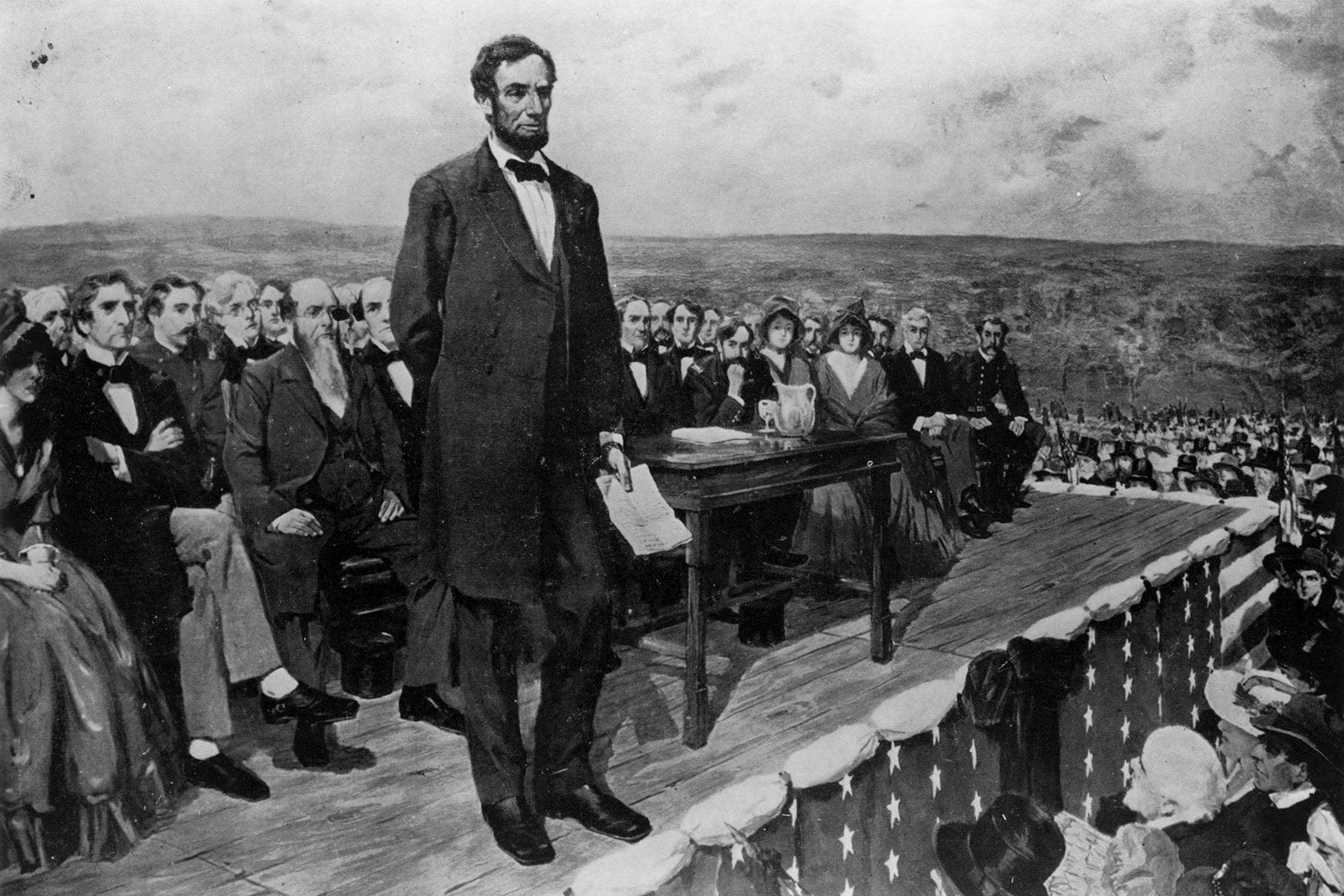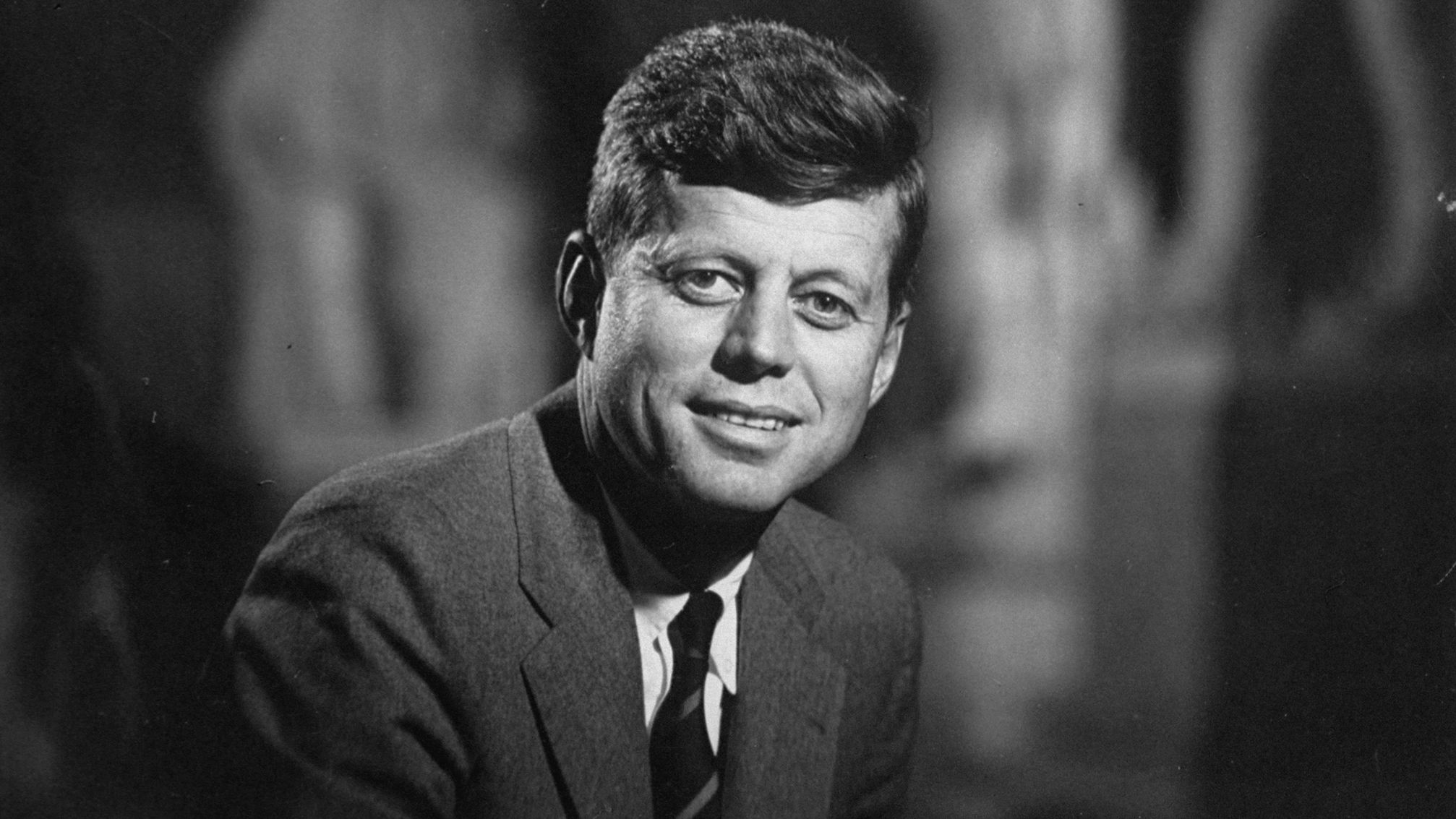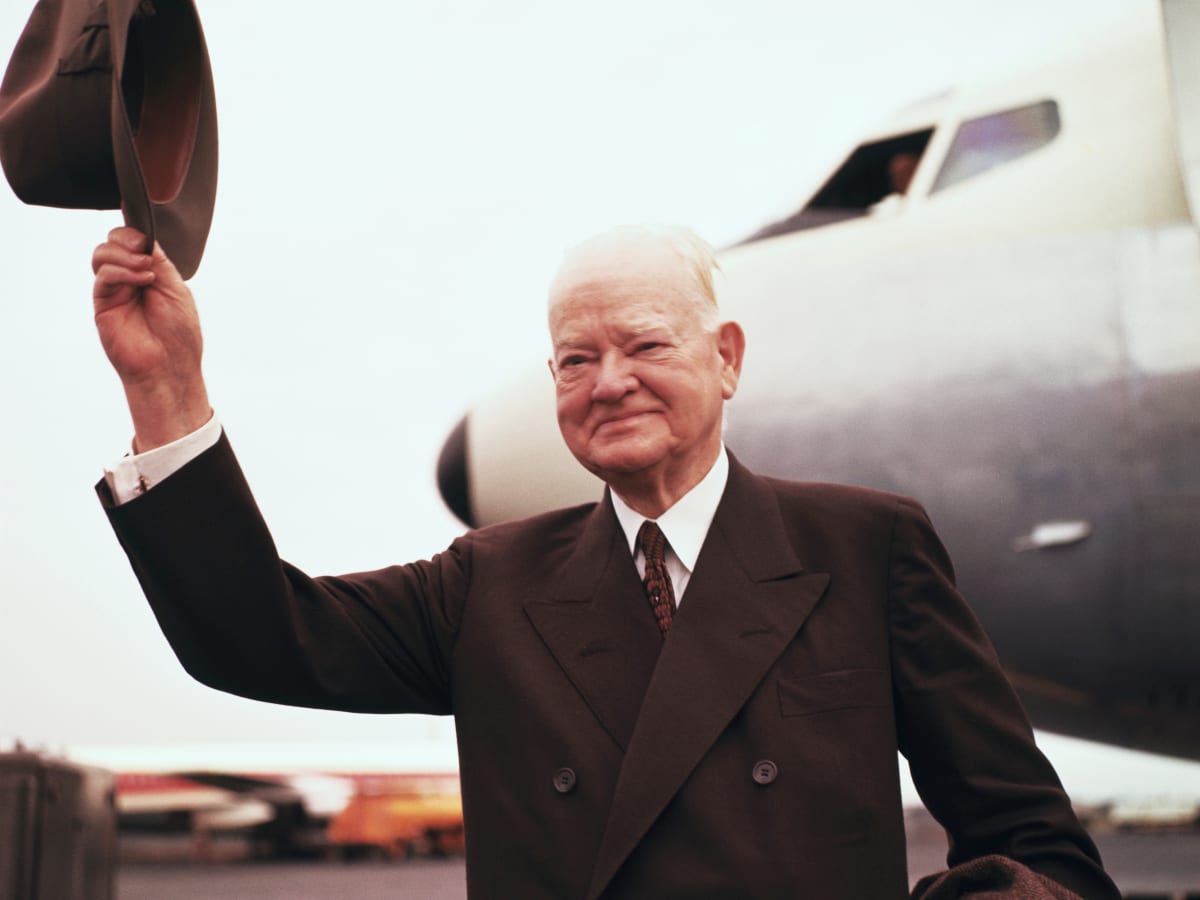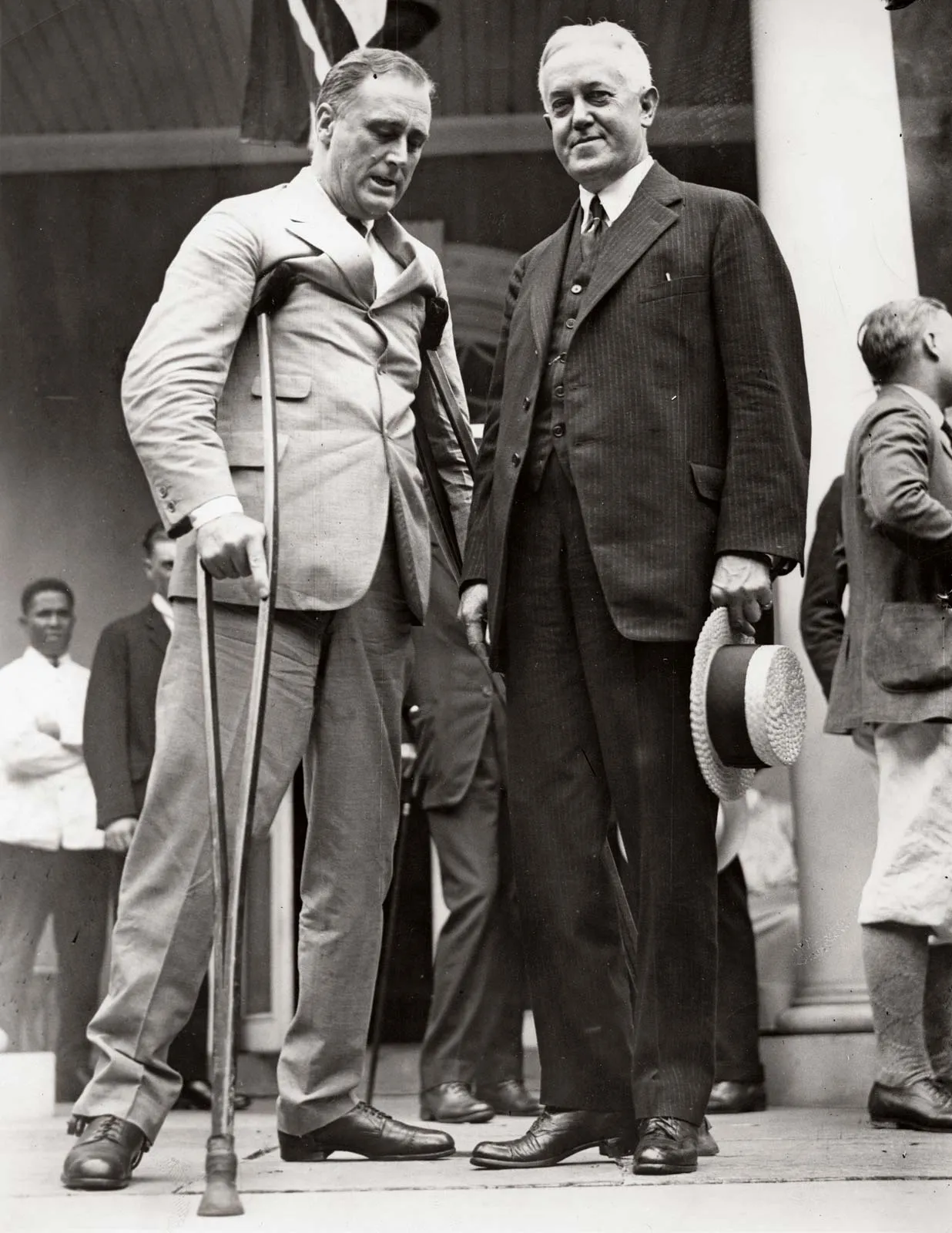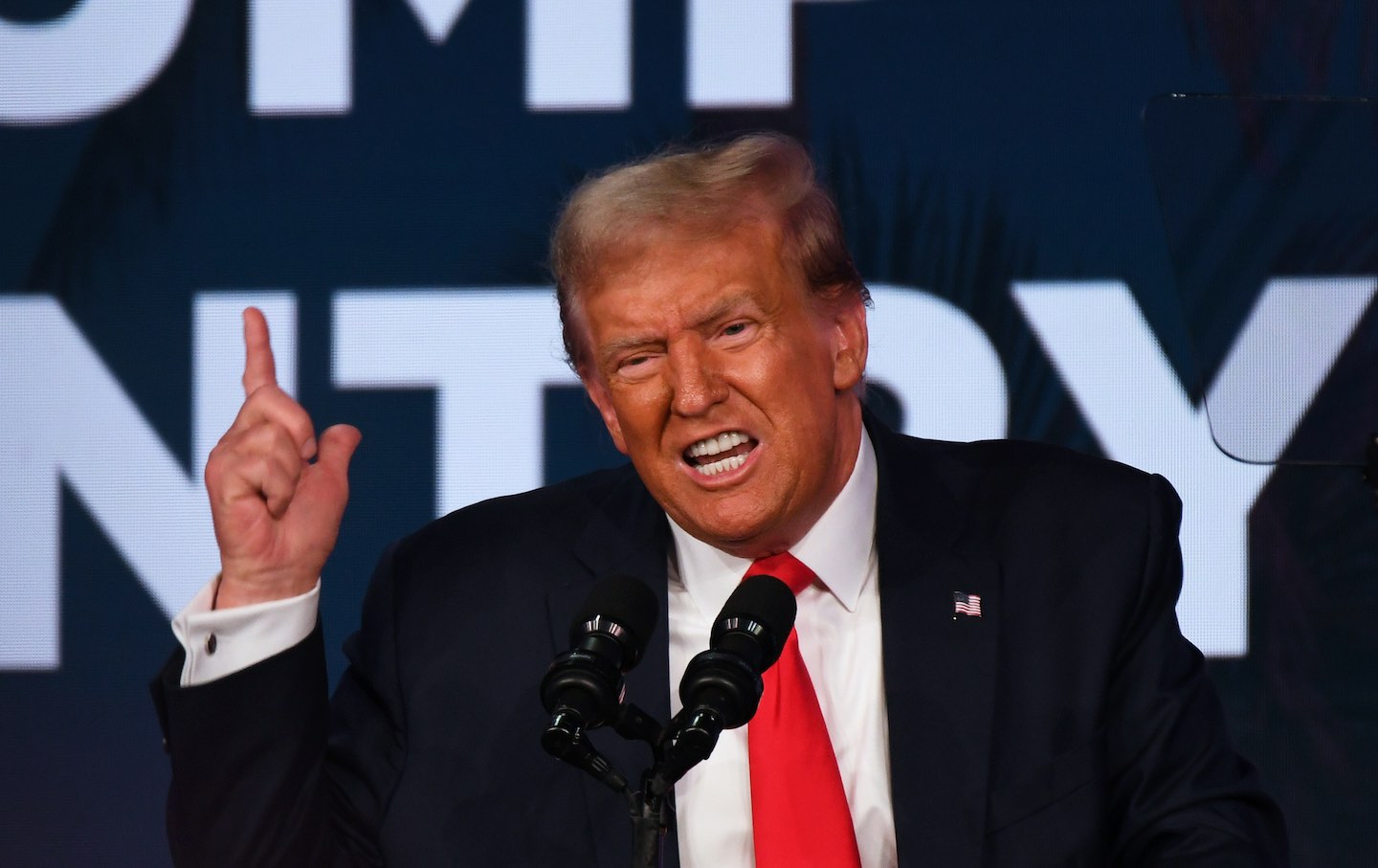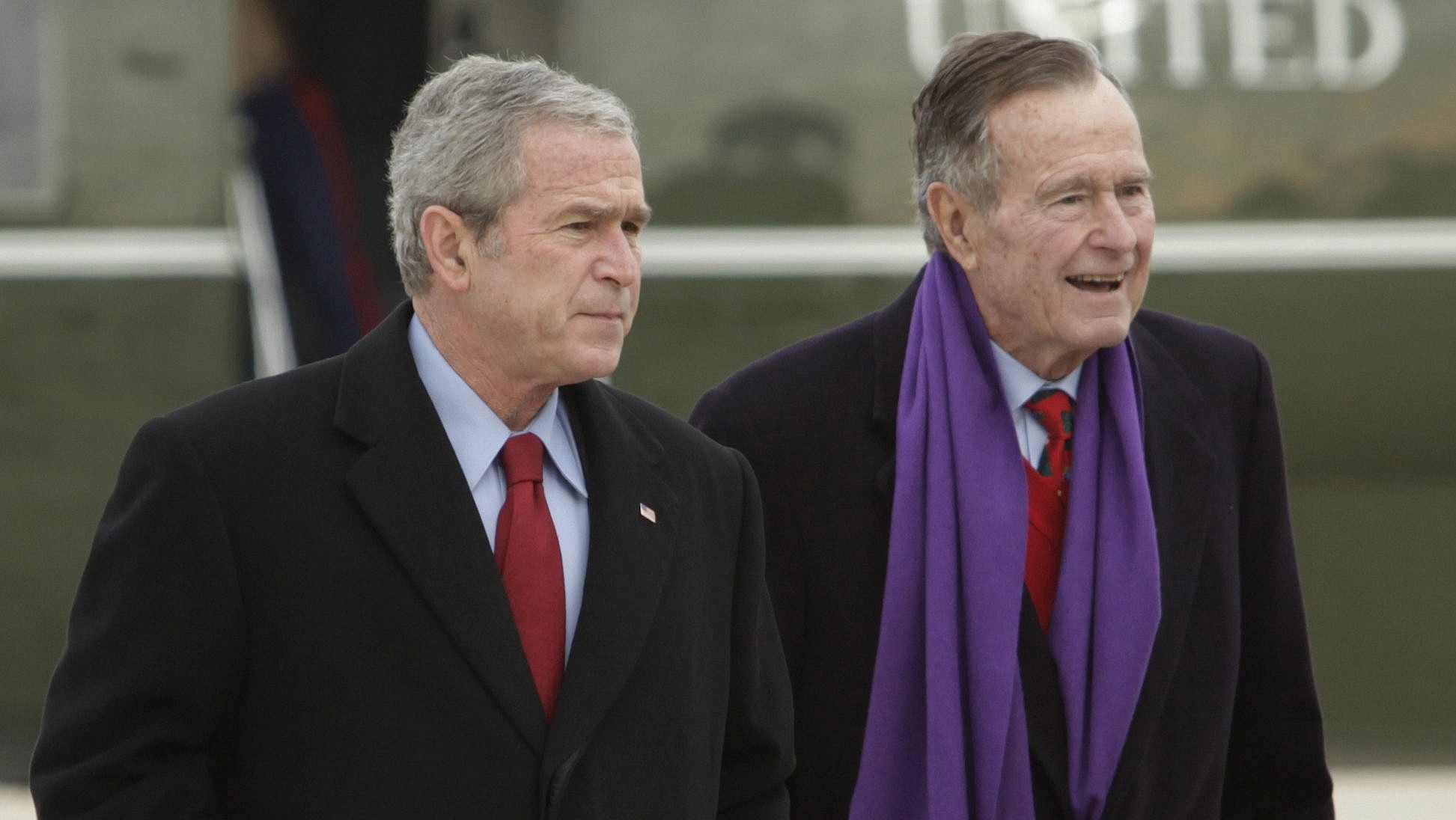Is It Necessary To Be Rich To Become President?
This article explores the nuances of wealth and its impact on political success, delving into the question: is it necessary to be rich to become president?
Author:Alex MercerReviewer:Nathanial BlackwoodNov 25, 2023363 Shares181.5K Views
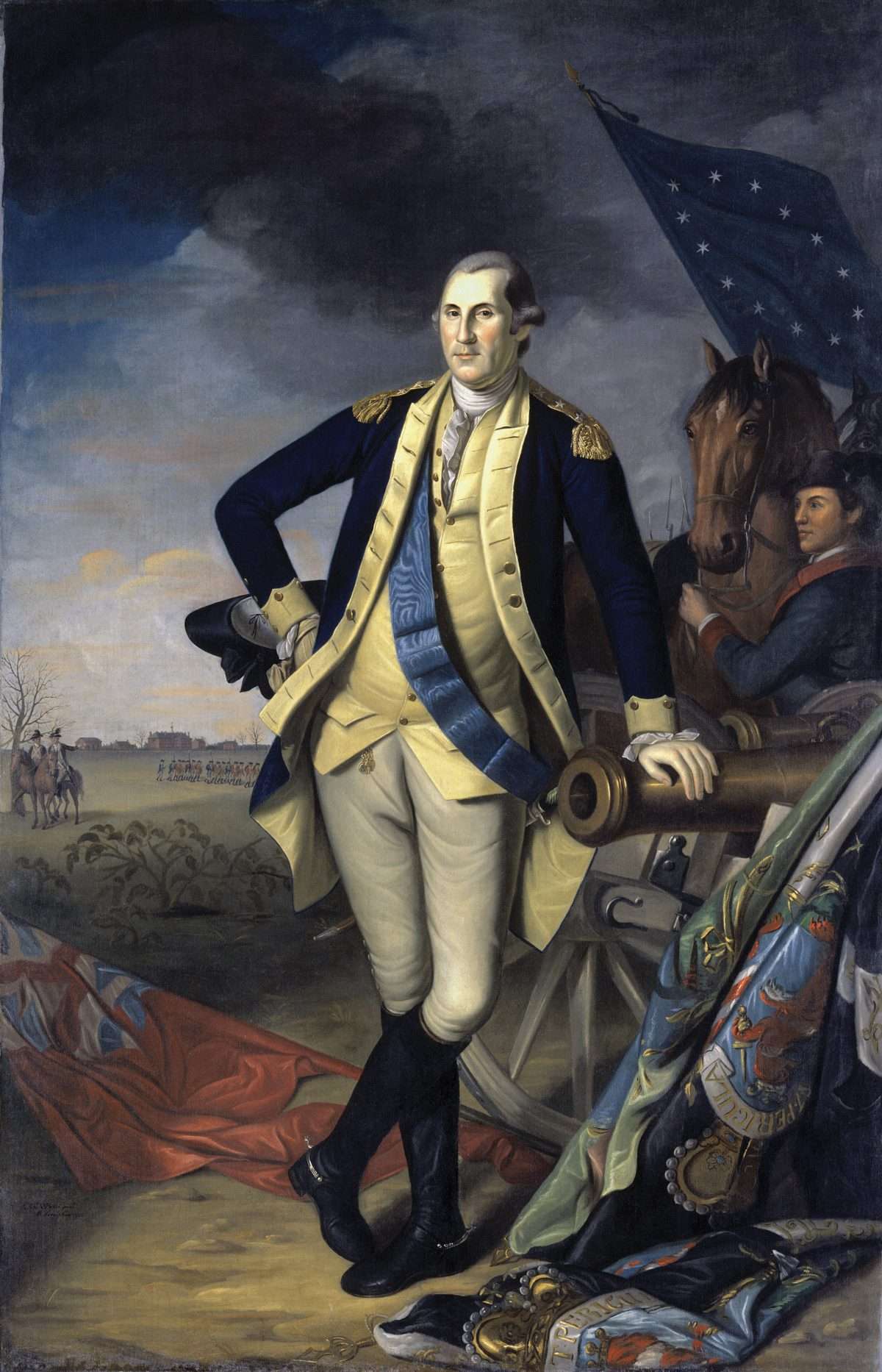
In the realm of politics, the question of wealth often looms large. Aspiring politiciansmay wonder if financial prosperity is a prerequisite for ascending to the highest office in the land. This article explores the nuances of wealth and its impact on political success, delving into the question: Is it necessary to be rich to become president?
The Historical Landscape
Early Presidents And Modest Beginnings
As we delve into the annals of United States history, a compelling pattern emerges, challenging the conventional wisdom that wealth is an indispensable prerequisite for presidential aspirations. In the formative years of the nation, many of its revered founding fathers and early presidents defied the stereotype of opulence.
George Washington - A Humble Leader
The first President of the United States, George Washington, exemplifies this narrative. Born into a modest Virginia family, Washington's journey to the presidency was defined by his leadership qualities and military prowess rather than familial riches. His commitment to the revolutionary cause and the principles of the fledgling nation elevated him to a position of unparalleled influence.
Abraham Lincoln - From Log Cabin To White House
Similarly, Abraham Lincoln, the 16th President, emerged from humble beginnings in a log cabin in Kentucky. His ascent to the presidency was fueled by a deep-seated commitment to preserving the Union during a tumultuous period in American history. Lincoln's presidency underscores the idea that financial affluence did not determine the capacity for effective leadership.
The Evolution Of Campaign Financing
However, as the pages of history turned, so did the dynamics of political campaigns. The evolution of campaign financing emerged as a critical factor reshaping the path to the presidency. The advent of mass media, coupled with the escalating costs of running a successful campaign, transformed the political landscape.
The Media Revolution
With the rise of newspapers, radio, television, and now the internet, political candidates found themselves navigating an increasingly complex and expensive media environment. The need to reach a broad audience necessitated substantial financial investments in advertising and promotional activities, amplifying the role of wealth in electoral success.
Rising Costs And Entry Barriers
As campaign costs soared, a shift occurred, prompting concerns about the potential exclusion of candidates lacking significant financial backing. The question arose: Has the escalating cost of political campaigns erected an insurmountable barrier for individuals without substantial financial resources?
Money's Role In Political Influence
This shift in campaign dynamics brought forth debates about the intersection of money and political influence. Skeptics argue that the increasing reliance on financial resources raises concerns about the undue influence of wealthy donors on the democratic process. The question then looms: Is financial prowess becoming synonymous with political power?
Wealth In The Oval Office - Examining The Fortunes Of The Richest Presidents In US History
The corridors of power have been graced by leaders with diverse financial backgrounds, but some U.S. presidents have stood out for their significant wealth. Let's explore the fortunes and financial landscapes of a few individuals who held the highest office in the land, highlighting the intersection of wealth and presidential power.
1. Donald J. Trump
Before venturing into the realm of politics, Donald Trump gained prominence for his expansive real estate empire. Serving as the 45th President of the United States, he commanded a net worth estimated in the billions. The Trump Organization, which included a portfolio of hotels, resorts, and skyscrapers, exemplified the interplay between business acumen and political leadership. For further insights into noteworthy individuals transitioning from business to politics, you can explore the fractional laser treatments for skin, that are very popular among candidates.
2. George Washington
While wealth in the 18th century differs significantly from contemporary standards, George Washington, the nation's first president, was a considerable landowner. His Mount Vernon estate comprised thousands of acres, making him one of the wealthiest individuals of his time.
3. John F. Kennedy
Coming from the affluent Kennedy family, John F. Kennedy had a considerable fortune at his disposal. His family's wealth, amassed through a variety of ventures, including banking and film production, provided a financial backdrop for his political career. Known for hist affairs with women and gambling.
4. Franklin D. Roosevelt
Franklin D. Roosevelt, the only president to serve four terms, hailed from a patrician background. The Roosevelt family's wealth, accumulated over generations, exemplified the concept of "old money" and its influence on the political landscape.
5. Herbert Hoover
Before assuming the presidency during the Great Depression, Herbert Hoover amassed considerable wealth as a mining engineer and executive. His success in the mining industry contributed to his substantial fortune and shaped his approach to economic challenges during his tenure.
Wealth And Political Leadership
While these examples showcase presidents with significant wealth, it's important to note that presidential success is not solely determined by financial status. The diverse backgrounds and experiences of U.S. presidents highlight the nation's commitment to democratic principles, allowing individuals from various walks of life to ascend to the highest office.
The Role Of Popularity And Public Perception
Building A Public Image
In the fast-paced arena of politics, crafting a compelling public image is a nuanced art that extends beyond the confines of financial prosperity. While wealth can undoubtedly serve as a facilitator in a political campaign, the court of public opinion places significant emphasis on qualities that resonate with the electorate.
Charisma And Relatability
Candidates who exude charisma and relatability often find themselves in the favorable gaze of voters. A genuine connection with the public, rooted in shared values and experiences, can transcend the boundaries of financial standing. In the realm of public perception, a candidate's ability to connect on a personal level can outweigh the opulence associated with wealth.
Compelling Narratives
The significance of storytelling in politics cannot be emphasized enough. A compelling narrative, weaving through the candidate's journey, values, and vision, possesses the transformative ability to captivate the electorate's imagination. These narratives hold the potential to etch an enduring impression on public consciousness, often surpassing the financial advantages of wealthier contenders. For more insights into the intersection of storytelling and politics, exploreWashington Independent.
Shifting Priorities - Policy Over Wealth
Prioritizing Stances On Key Issues
In the evolving landscape of modern politics, a noteworthy shift has occurred in the priorities of the electorate. While financial stability may have held sway in the past, contemporary voters are increasingly inclined to prioritize a candidate's stance on key issues over their financial status.
The Era Of Social And Economic Challenges
In an era marked by pressing social and economic challenges, voters are demonstrating a heightened awareness of the issues that directly impact their lives. The electorate is, therefore, more likely to rally behind candidates who present comprehensive and pragmatic solutions to these challenges, irrespective of their financial background.
Robust Policy Platforms
Candidates armed with robust policy platforms are finding resonance with voters who seek tangible and effective solutions. The focus has shifted from the candidate's personal wealth to their capacity to address issues ranging from healthcare and climate change to economic inequality. A candidate's commitment to meaningful policy changeshas become the currency that garners support in the eyes of an increasingly policy-conscious electorate.
Voting For A Billionaire Candidate
In the complex tapestry of politics, the prospect of voting for a billionaire candidate introduces a unique set of considerations and challenges. As voters navigate their choices in the ballot box, the wealth of a candidate can become a defining factor, provoking discussions about the intersection of affluence and governance.
Assessing Competence Beyond Wealth
The Wealth Paradox
While wealth can signify success in various fields, including business and entrepreneurship, the crucial question arises: Does financial prosperity equate to political competence? Voters must grapple with the paradox of whether a candidate's financial success translates into effective governance and an understanding of the diverse issues facing the nation.
Experience Vs. Wealth
Voters often find themselves at the crossroads of evaluating a candidate's wealth against their political experience. The challenge lies in discerning whether a billionaire candidate possesses the requisite knowledge, skills, and understanding of public policy to navigate the intricacies of governance effectively.
The Influence Of Wealth On Campaign Dynamics
Campaign Financing
Billionaire candidates often bring substantial personal financial resources to their campaigns. While this can afford them a degree of independence from traditional fundraising, it raises concerns about the potential influence of personal wealth on political decision-making. Voters must weigh the benefits of a well-funded campaign against the risk of undue influence on policy.
Connecting With The Electorate
Beyond financial prowess, billionaire candidates must convince voters that they understand and empathize with the challenges faced by everyday citizens. Building a connection with the electorate becomes a pivotal aspect of the campaign, as voters assess whether the candidate's wealth aligns with their values and concerns.
Policy Priorities And Public Representation
The Billionaire's Policy Agenda
Voters evaluating a billionaire candidate must scrutinize their policy agenda. Are their proposed solutions aligned with the needs of a diverse and dynamic society, or do they primarily reflect the interests of the economic elite? The candidate's commitment to addressing issues such as income inequality, healthcare, and social justice becomes crucial in this context.
Representation And Diversity
The question of representation looms large when considering a billionaire candidate. Voters must reflect on whether a candidate with immense wealth can genuinely represent the varied experiences and challenges faced by a population that may not share in that wealth. The ability of a billionaire candidate to bridge this gap and advocate for the broader public interest becomes a critical factor in their electoral appeal.
Campaign Financing - A Double-Edged Sword
In the intricate dance of politics, the role of campaign financing emerges as a critical factor that can shape the trajectory of electoral campaigns. This double-edged sword cuts through the complexities of modern politics, with both advantages and ethical challenges associated with the influx of financial resources.
Financial Resources And Campaign Viability
Navigating The Financial Maze
In the contemporary political arena, the demand for substantial financial resources is undeniable. Campaigns, akin to multifaceted enterprises, require funds for an array of activities – advertising, travel, staffing, and various other expenses. Candidates armed with access to significant wealth or adept fundraising capabilities often find themselves better equipped to navigate the intricate web of modern political campaigns.
Competing In The Media Landscape
The media landscape, both traditional and digital, demands a financial investment to ensure a candidate's message reaches a broad and diverse audience. Television and radio advertisements, social media campaigns, and extensive travel schedules all contribute to the escalating costs of running a competitive campaign. Financial resources, in this context, become a lifeline for candidates striving to make their mark in the public consciousness.
The Risk Of Wealthy Influence
Ethical Quandaries In Wealth-Driven Politics
However, the intertwining of wealth and politics is not without its ethical complexities. As financial resources flow into the political sphere, a troubling question arises: Does a system that necessitates affluence or influential connections inherently favor candidates who cater to the elite?
Undue Influence On Political Decisions
Critics of the current campaign financing landscape express concerns about the potential for wealthy donors to exert undue influence on political decisions. The fear is that policies may be shaped to serve the interests of those with deep pockets rather than addressing the broader needs and concerns of the electorate. This risk of a democracy swayed by the preferences of the financial elite becomes a critical concern in maintaining the integrity of the political process.
Striking A Balance - Navigating The Challenges
As the debate over campaign financing intensifies, finding a balance between the necessity of financial resources and the preservation of democratic principles becomes paramount. Stricter regulations, transparency measures, and a renewed emphasis on grassroots fundraising are avenues through which the electoral landscape can be shaped to prioritize the interests of the electorate over the influence of wealth.
People Also Ask
How To Become The President?
Becoming the President of the United States involves a multi-step process outlined in the U.S. Constitution. Here is a simplified overview:
- Eligibility Criteria.
- Primaries and Caucuses.
- National Conventions.
- General Election Campaign.
- Electoral College.
- Winning the Electoral College.
How Much Money Does Donald Trump Have?
According to Forbes, Trump's net worth was approximately $2.5 billion in 2023.
It's important to note that the actual value may vary, and for the most current information, it's advisable to refer to recent financial reports or newsupdates.
How Rich Was George Washington?
George Washington was one of the wealthiest presidents in U.S. history, particularly in terms of land ownership. His primary source of wealth was his Mount Vernon estate in Virginia, which consisted of thousands of acres of farmland. Estimates suggest that at the time of his death in 1799, Washington's net worth was around $500,000, a substantial sum in the 18th century. However, it's crucial to consider the vast differences in economic structures and standards when comparing wealth across historical periods.
Conclusion
While wealth undoubtedly offers advantages in the realm of politics, it is not an absolute necessity for presidential aspirations. The historical narrative of humble beginnings among early presidents, combined with the evolving priorities of the electorate, challenges the notion that only the rich can reach the highest office.
As the political landscape continues to transform, aspiring candidates must balance financial pragmatism with a genuine connection to the concerns of the people. Ultimately, the journey to the presidency requires a combination of strategic resource management, effective communication, and a commitment to addressing the needs of a diverse and dynamic electorate.
Jump to
The Historical Landscape
Wealth In The Oval Office - Examining The Fortunes Of The Richest Presidents In US History
Wealth And Political Leadership
The Role Of Popularity And Public Perception
Shifting Priorities - Policy Over Wealth
Voting For A Billionaire Candidate
Campaign Financing - A Double-Edged Sword
People Also Ask
Conclusion

Alex Mercer
Author
Alex Mercer is a seasoned author and analyst specializing in wealth research, with a keen focus on evaluating the net worth of individuals across various industries. With over a decade of experience in financial analysis and wealth assessment, Alex has developed a nuanced understanding of the factors that contribute to an individual's financial status, from investments and assets to market trends and economic policies. His work involves in-depth reviews and analyses, providing insightful observations on wealth accumulation, management strategies, and the socio-economic implications of wealth distribution.
Throughout his career, Alex has become known for his ability to distill complex financial data into understandable and engaging narratives, making the subject of wealth and net worth accessible to a broad audience. His expertise is not just in numbers but in telling the stories behind them, highlighting the journeys, strategies, and decisions that lead to financial success or challenges. Alex's contributions to the field of wealth research are valuable resources for anyone looking to understand the dynamics of wealth in today's world, offering a unique perspective that bridges the gap between financial analysis and human interest.

Nathanial Blackwood
Reviewer
Nathanial (Nate) Blackwood is a distinguished financial journalist with a decade of experience in net worth analysis. He holds an Economics degree from the University of Finance and a Data Analysis certification, enabling him to blend thorough insights with engaging storytelling. Nate is known for making complex financial information accessible to a wide audience, earning acclaim for his precise and reader-friendly analyses. Beyond his writing, Nate is dedicated to financial literacy, actively participating in educational forums and workshops.
He is the founder of PureNetWealth, a platform that demystifies the financial achievements of public figures by exploring the strategies and decisions behind their fortunes. Nate's work bridges the gap between intricate economic concepts and the general public, inspiring a deeper understanding of wealth dynamics. Follow Nathanial Blackwood for essential insights into the financial narratives shaping our world.
Latest Articles
Popular Articles
